Blog • Understanding Publishing
Last updated on Oct 15, 2025
A Refreshing Teen Author Success Story — Interviewing Anna Caltabiano
Martin Cavannagh
Head of Content at Reedsy, Martin has spent over eight years helping writers turn their ambitions into reality. As a voice in the indie publishing space, he has written for a number of outlets and spoken at conferences, including the 2024 Writers Summit at the London Book Fair.
View profile →While the good folks of the “publishing industry” are discussing trends, numbers, and predictions over at the DBW conference, we thought we would give the readers of the Reedsy blog a sneak peek of what the future could actually hold.
Today, we interview Anna Caltabiano, a rising teen author who self-published her first novel, All that is Red at the age of 14. She did things her own way because she didn’t know how a book was supposed to be written or published. And guess what? She nailed it. She now has a three-book deal with Hachette, and published the first of those last year.
Whatever the future of publishing is, authors will always be at its core. And It is today’s teen author community that will ultimately shape it, a community we don’t know too well…
Hi Anna, great to have you here. I loved reading your story in The Guardian, particularly because, as a young author, you offer a fresh view on writing and publishing. Is there something, in your opinion, that characterises a “teen author”? Something you, for example, would do very differently from your elder peers?
Thanks for having me on the Reedsy blog! One of the things I love the most about being an author my age is that I don’t have to look back on my teenage years to write from that perspective. Adults can look back on their experiences and give advice they wish they had heard when they were our age. Though I’m too young to do that quite yet, I can talk about things as I experience them—the good, the bad, and the plain messy.
You said you did things “your own way” for your first novel, because you didn’t know how you were supposed to do them. Now that you’ve been through the “traditional” process (signing with a publisher), which “way” do you prefer? What have been, so far, the pros and cons of having a publisher?
At their core, both traditional and self-publishing are actually very similar. Though it sounds obvious, most of the effort is in actually writing the book. The other essential common ingredient of both approaches is that turning a raw story into a finished novel requires seeking out and learning from a network of editors, cover artists, publicists, and proof readers. In a traditional publisher, the network is, for the most part, “in house,” while in self-publishing, you must take the initiative to create your own network. Both paths are exciting journeys.
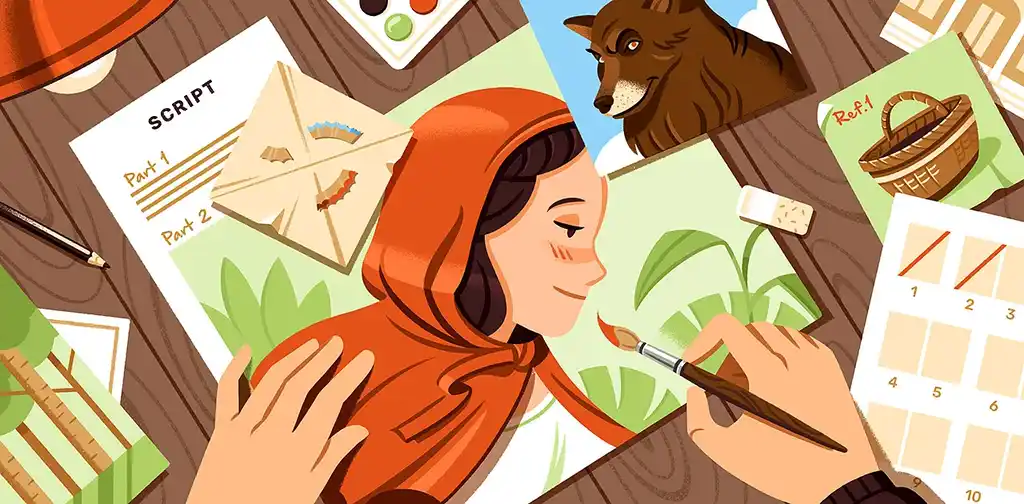
MEET ILLUSTRATORS
Bring your children's book to life
The best children's book illustrators are on Reedsy. Sign up to meet them.
Usually, when you start from nothing, with no knowledge, and have to learn on your own and do things “your own way”, you actually end up discovering a smarter way to do it (that’s often how startups are born). Does that apply in your case? Have you done some particularly innovative things that have sparked your success?
When I started my writing journey, I clearly did not know anything. I trolled the internet to learn what I could, but I also found experienced writers, publishers, and various people in the book business who were willing to share their experience and give advice. There are so many “how-to” books, and so much “established wisdom” in this industry, but in the end the right path to writing and publishing is not the same for everyone. For example, I live in Northern California, but my initial breakthroughs have tended to come from London, and then later migrating to the US. I am not sure why, but it could be that my writing style and subject matter is closer to English tastes, or it could be that simply through chance, I happened to first find people that believed in my writing in England.
You have a three-book deal with your current publisher. But do you see yourself going back to self-publishing after that? Or become a fully hybrid author?
It’s really exciting! As for the future, it’s hard to tell even what type of novels I will be working on. I think the most important thing is to work with a team that’s as excited as you are to tell the story you want to tell, whether that leads you to self-publishing or traditional publishing.
How did you self-publish? Did you basically replicate the steps of traditional publishing, hiring several editors and a cover artist?
As I mentioned, the basic steps in writing a novel are quite simple, and the same whether done through a traditional publisher or self-publishing. You have to write the novel, go through a very extensive editing process to make the novel as good as possible, make sure that it is carefully proof read, and design an attractive cover. I found great people to help me in all of these areas, but also did much of it myself, so I felt a huge sense of accomplishment when it was all done. When I moved on to traditional publishers for my trilogy, I found I was actually more experienced in all of these aspects of creating a novel because I had to directly manage and participate so deeply in all aspects during the publishing process of my first book.
You wrote most of your first novel on your iPad, with some bits of dialogue on your iPhone (texting yourself). This actually reminded me of some Japanese novels that were written in SMS in the 2000s. We often hear that the future of content consumption is mobile, do you think the future of long-form writing can also be mobile?
Definitely! As a reader, when I’m in the middle of a good book and I can’t wait to get home to finish the rest of it, I’ll download a copy on my phone to finish it during a break at school or in line at lunch. For the longest time, my dad thought I was crazy, but even he has started reading poetry on his phone.
When I’m writing, I’ll have a quick idea I’ll want to write down before I forget. This often leads to me writing a scene or an entire chapter on my phone. Writing and reading can both be mobile. Whatever feels comfortable. There’s no wrong way to do either.
How do you go about the writing process? Do you first plot, outline and define the structure? Or do you dive straight into it?
Though every book is a bit different, I tend to be an outliner. I’ll start with a few characters in mind, and a mental image of what I want the end of the book to leave the reader with. I’ll write starting from the beginning of the story, following my outline, but inevitably my story veers off into an unexpected direction and I change my outline to follow it.
You have a particularly awesome website in terms of design. At Reedsy, we have a particular focus (like most startups out there) on design, as we believe it is going to play a much more important role in the future of internet. Is that a belief you share?
Thank you! I think design needs to be two things: nice to look at and easy to use. With the internet, I think we’re now more accustomed to everything being at our fingertips. Being user-friendly is a given. In our current world, I think the way to stand out from the pack is to create something visually attractive that draws in the user.
Many authors, even established ones, still really struggle with social media. Teen authors have the chance to have grown up with those, understand them, etc. Do you think it is possible to be a successful author today without having a strong social media presence? Would you have any tips for other authors for that?
Social media helps me connect with my readers. I hear first hand what they liked or didn’t like about my latest story, and I find myself taking that into account when I’m writing my next work. Though I’ve grown up with social media and almost everyone I know uses some form of it, I still find social media challenging at times. It can be hard to find a balance between maintaining some amount of privacy and being “with it” in terms of social media use. My biggest tip is to try to show your best self on social media, rather than try to promote your book. People follow you on Twitter and Facebook to learn more about you and to hopefully interact with you. If they wanted to read a summary of your book, they would look elsewhere.
Finally, because it’s that time in the year, what do you wish for yourself in 2015? And for the publishing industry as a whole?
That’s a hard question! With the upcoming adventure of publishing two books this summer in two different countries and finally graduating high school, I know I’ll be learning and doing a lot of new things. I hope I’ll be able to use what I’ve learned in 2014 and apply some of that this coming year. As for the publishing industry, I hope it keeps taking new changes in stride, as everything needs to continue to evolve to stay with the times.
Thanks a lot for your time, Anna!
You can find Anna and Reedsy on Twitter: @caltabiano_anna and @ReedsyHQ
Credit for the Japanese cell phone novel photograph goes to Tyler Shores
Do you, too, think that indie and traditional publishing are actually pretty much similar? Or that the future of writing is mobile? Do leave us your opinion, or any question for Anna, in the comments below!

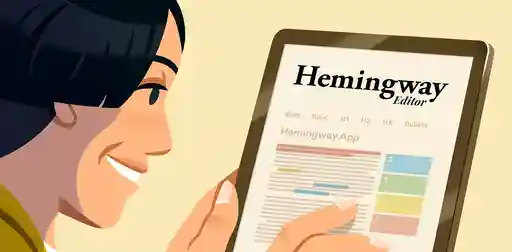
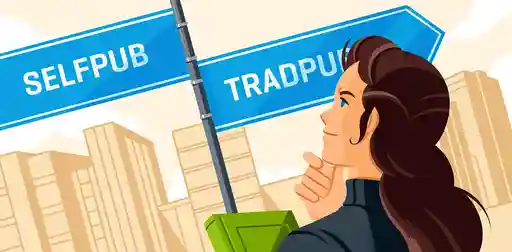
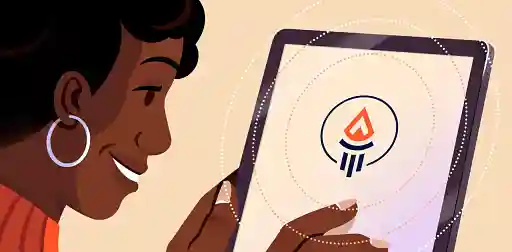
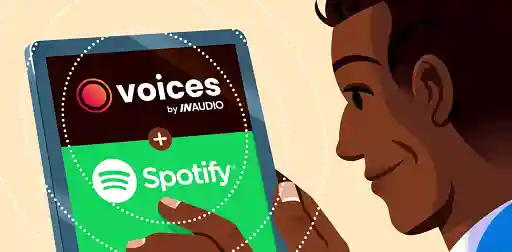
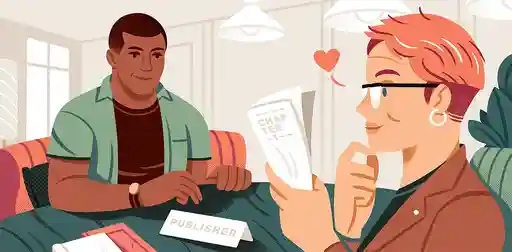
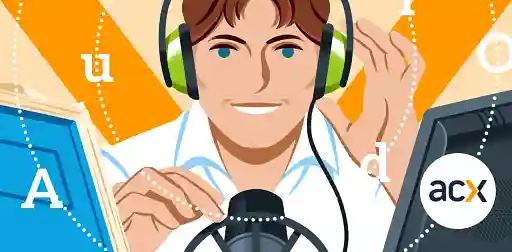
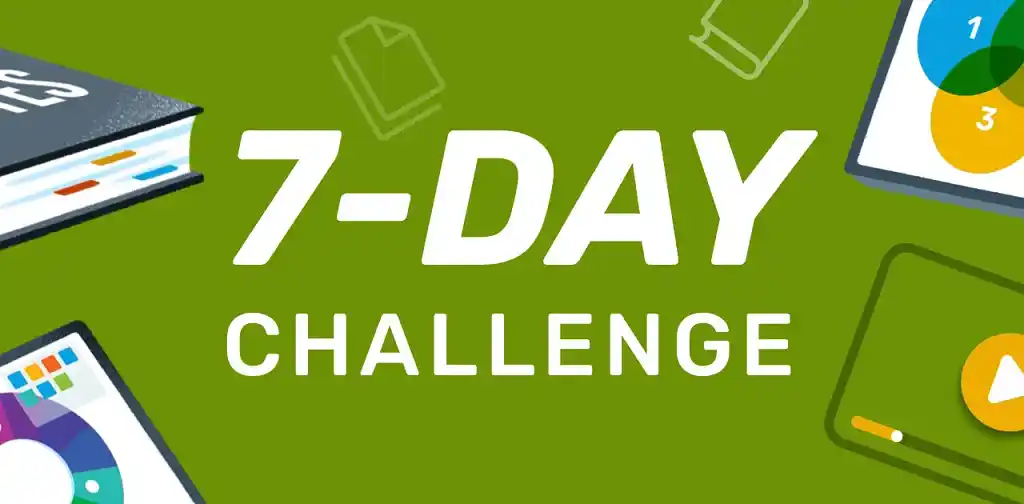

2 responses
humbleSarah Fraser says:
08/05/2019 – 12:33
No, pro- publishing and self- publishing (note the spaces) are not the same. (I'm a retired best-selling book publishing director and also a writer). This young lady has wisely actualised her advantage of familiarity with social media that is directly accessable by her reading market. BUT she got lucky. The pro publisher will not print an unknown until it knows its advance orders or if the risk can be balanced by other book sales on its list. The math starts in the bookstore: why would anyone want to reach out and take the book off the shelf and look at it? The publisher has reps, it has distribution-- and a reputation It decides if it can carry a risk, or not.The self-publisher: how many thousands have propped up their couches on unsold books? The numbers of self-publishers who did not go on to find a professional publisher, far out-number the lucky few! But well done her! I'm going to look for her book!
Michael Doane says:
08/05/2019 – 12:33
I loved this post! What an inspiring story. Anna is the future of writing and publishing!